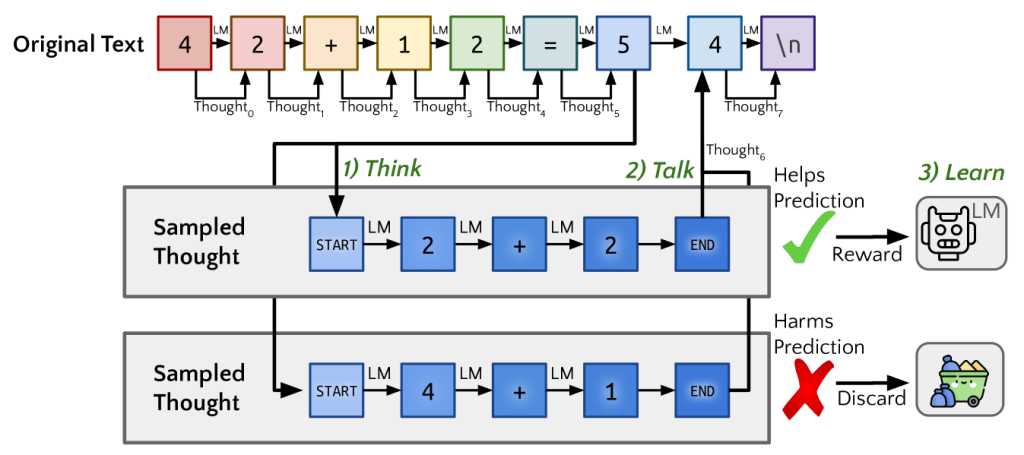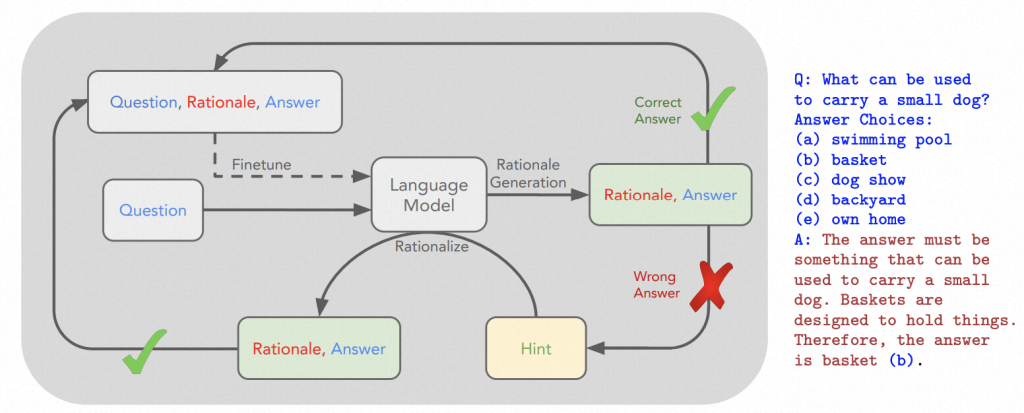The Genesis of Project Strawberry
According to a recent Reuters report, OpenAI is working on a novel approach to its AI technology under the secretive project named “Strawberry.” The initiative’s primary goal is to enable AI models to autonomously navigate the internet and perform “deep research,” which involves planning ahead for more complex tasks. This project builds on the foundation of a previous project known as Q*, which was acclaimed for its ability to solve tricky science and math problems beyond the reach of current commercially available models.
Enhancing AI Reasoning Capabilities
The concept of reasoning in AI involves forming a model that can plan ahead, understand the physical world’s dynamics, and solve challenging multi-step problems. OpenAI’s Strawberry project aims to push these boundaries by equipping AI with advanced reasoning skills. This capability would allow AI to conduct extensive research, navigate the web autonomously, and make more sophisticated decisions, something that has eluded existing AI systems.
A company spokesperson from OpenAI stated to Reuters, “We want our AI models to see and understand the world more like we do. Continuous research into new AI capabilities is a common practice in the industry, with a shared belief that these systems will improve in reasoning over time.”
The Mechanics Behind Strawberry
While details about Strawberry remain tightly guarded, insiders reveal that it involves a specialized post-training process. This phase, known as “fine-tuning,” refines AI models after they have been pre-trained on large datasets. Fine-tuning helps the models develop more nuanced reasoning abilities, enhancing their performance in specific tasks.

One source with knowledge of the matter likened Strawberry’s approach to a method developed at Stanford in 2022 called “Self-Taught Reasoner” (STaR). This method enables AI models to bootstrap themselves into higher intelligence levels by iteratively creating their own training data, potentially transcending human-level intelligence.

Potential Applications and Implications
The implications of Strawberry’s success are vast. Improved reasoning capabilities in AI could revolutionize various fields, from scientific research to software development. AI models with advanced reasoning skills could make significant scientific discoveries, develop complex software applications, and tackle real-world problems that require human intuition and planning.
Elon Musk, a notable advocate for responsible AI development, recently spotlighted the Strawberry project on his social media platform X. Musk expressed optimism about AI’s potential to offer substantial benefits, contrasting with earlier concerns about AI’s threats to humanity. He hinted at a utopian future with AI development, referencing the Beatles’ song “Strawberry Fields Forever” to underscore his positive outlook.
Industry-Wide Efforts and Challenges
OpenAI is not alone in its quest to enhance AI reasoning capabilities. Major tech giants like Google, Meta, and Microsoft are also experimenting with various techniques to improve AI models’ reasoning abilities. Despite these efforts, challenges remain. Current large language models (LLMs) can summarize text and generate coherent prose, but they often struggle with common-sense problems and logical fallacies, leading to “hallucinations” or the presentation of false information as facts.
Experts agree that achieving advanced reasoning in AI is crucial for reaching human or super-human intelligence levels. This breakthrough could enable AI to perform complex, long-horizon tasks (LHT) that require extensive planning and execution over extended periods.
OpenAI’s Strawberry project represents a significant stride in the journey toward more intelligent and capable AI models. By focusing on advanced reasoning capabilities, OpenAI aims to overcome existing limitations and unlock AI’s full potential. While the exact timeline for Strawberry’s public availability remains unclear, the project undoubtedly sets the stage for future innovations in AI technology.
As the industry continues to evolve, the advancements made by OpenAI and other tech giants will shape the future of AI, bringing us closer to realizing AI systems that can reason, plan, and understand the world in ways that mirror human cognition.


